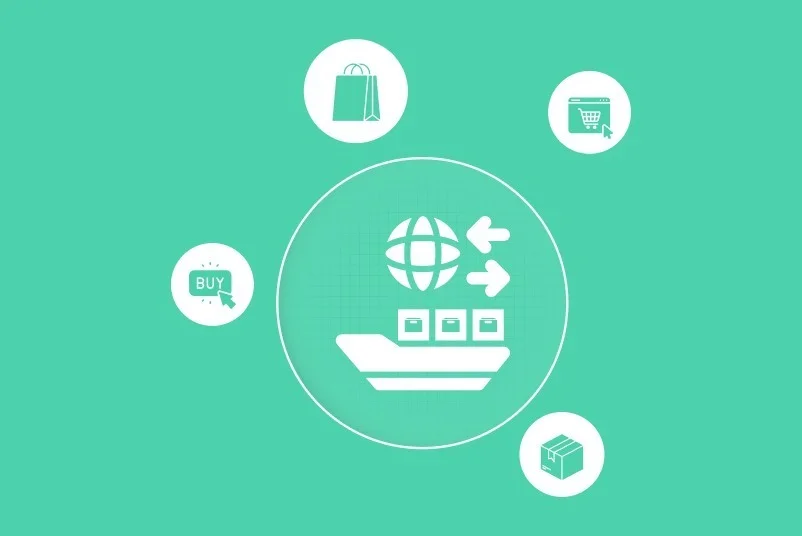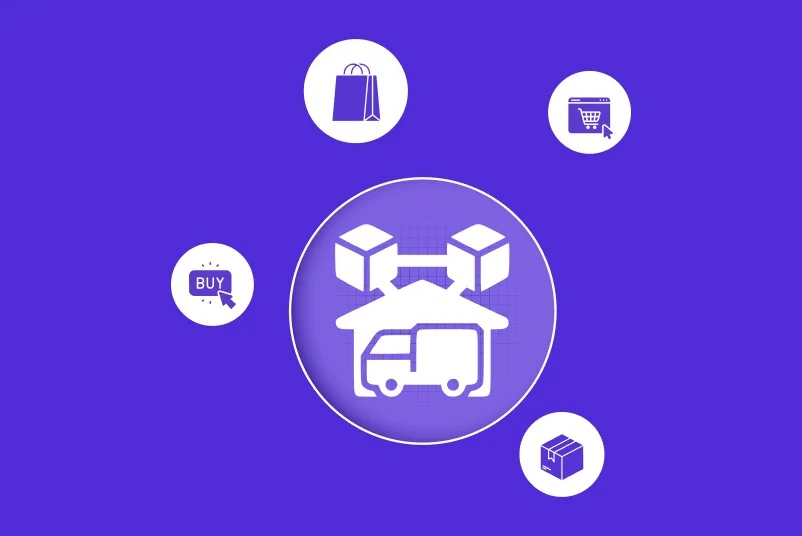The Role of 3PL in Streamlining Cross-Border eCommerce

The expansion of eCommerce businesses into international markets presents both opportunities and challenges, particularly in logistics management. Third-Party Logistics (3PL) providers play a critical role in streamlining these cross-border operations. As a leading consultant in eCommerce, eccofi offers valuable insights into the strategic role of 3PL in facilitating global eCommerce growth.
1. Navigating Complex International Logistics:
The logistics of cross-border eCommerce involve complex processes, including customs clearance, international freight forwarding, and compliance with local regulations. eccofi understands these intricacies and advises on partnering with experienced 3PL providers who are adept at navigating these challenges efficiently.
2. Scalability and Flexibility:
One of the greatest advantages of 3PL providers in cross-border eCommerce is their scalability and flexibility. eccofi helps businesses leverage these capabilities, enabling them to scale their operations in response to market demands without the need for substantial investment in logistics infrastructure.
3. Enhanced Delivery and Fulfillment Services:
Rapid and reliable delivery is crucial in maintaining customer satisfaction, especially in cross-border transactions. eccofi guides eCommerce businesses in selecting 3PL providers who offer robust global delivery networks and fulfillment services, ensuring timely and accurate order deliveries to international customers.
4. Cost-Effective Solutions:
3PL providers can offer more cost-effective shipping and warehousing solutions than in-house operations, especially when dealing with international logistics. eccofi assists businesses in evaluating and choosing 3PL services that provide the most efficient and cost-effective logistics solutions, optimizing their overall operational costs.
5. Technology Integration for Visibility and Control:
Advanced technology systems offered by 3PL providers can give businesses greater visibility and control over their international logistics. eccofi specializes in helping businesses integrate these systems, providing real-time tracking of shipments, inventory management, and data analytics for informed decision-making.
6. Reducing the Risk and Enhancing Compliance:
Cross-border eCommerce comes with its set of risks and compliance requirements. eccofi advises on utilizing 3PL providers who are knowledgeable about international trade regulations, reducing the risk of non-compliance and ensuring smooth operations across borders.
Conclusion
In the realm of cross-border eCommerce, the role of 3PL providers cannot be overstated. With eccofi’s expert guidance, eCommerce businesses can effectively utilize 3PL services to streamline their international operations, expand their global footprint, and achieve sustainable growth.


